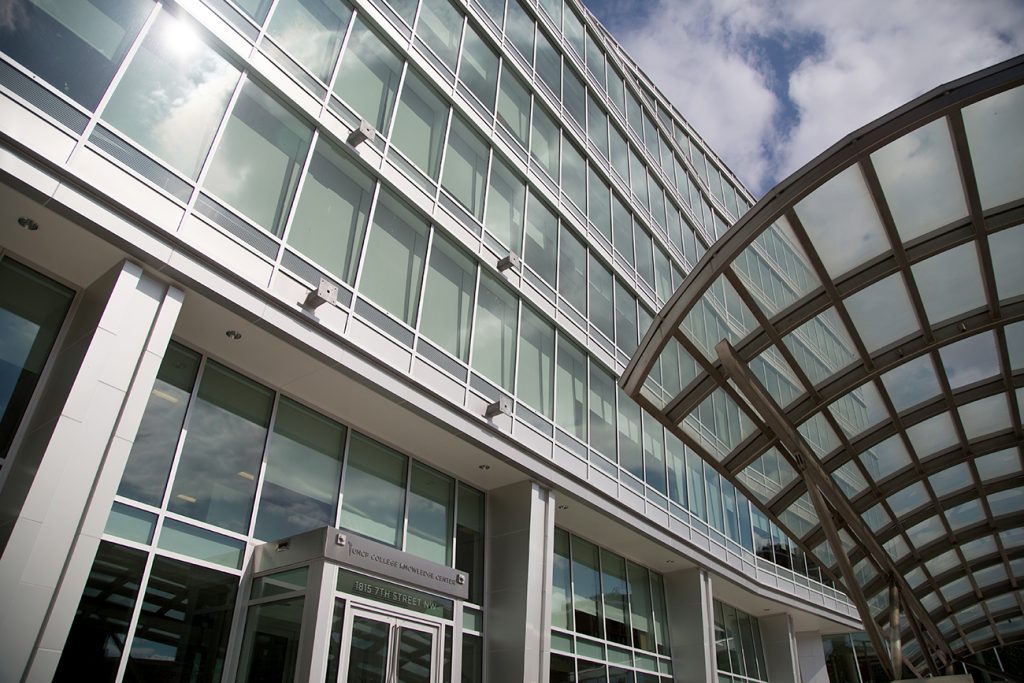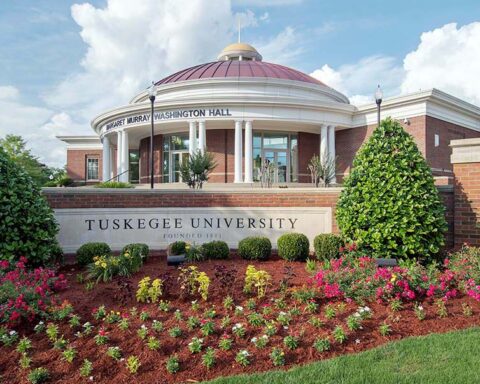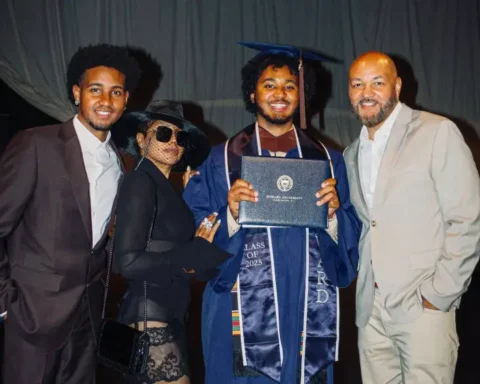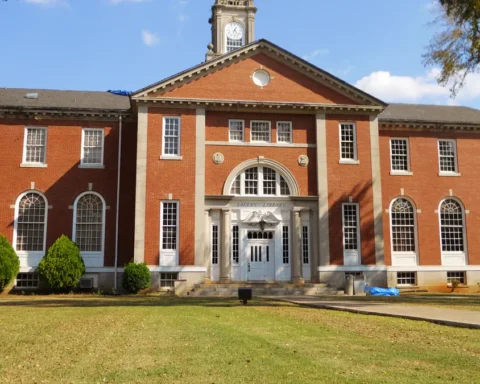By Kelli Cook
Funding for Historically Black Colleges and Universities reached new records during the last Presidential administration—$17 billion over a three-year period.
Yet, at the same time, federal data shows Tennessee, Mississippi, and Arkansas underfunded those same schools.
Thursday, hundreds of students, alumni, and administrators will meet in Memphis to discuss what’s next when it comes to funding.
The 3-day United Negro College Fund or UNCF National Alumni and Pre-alumni leadership conference will be taking place at the Renasant Convention Center.
UNCF advocates for dozens of private HBCUs including three in Tennessee– Lane College in Jackson, Fisk University in Nashville and LeMoyne-Owen College in Memphis.
HBCU donations and enrollment are up, coming off a banner past 4 years.
“Well, I’m happy to report that at LeMoyne we actually got a bump, so my Spring enrollment numbers are higher than our fall numbers,” said LeMoyne-Owen College President Christopher Davis.
Davis is expecting an approximate 35% increase in student enrollment at LOC year over year.
However, there are concerns from HBCU supporters that it may be entering a difficult financial period for the institutions.
Federal data shows 90% of all undergraduate students at HBCUs received some type of financial aid – grants, student loans, work-study awards or scholarships.
“So, most of the time it’s hard. You got to keep up with the assignments, take care of yourself and take care of yourself financially,” said LeMoyne-Owen College nursing student Jakyra Thomas.
UNCF awards thousands of scholarships every year and advocates for federal dollars to be given to these schools- a mission fueled by years of HBCUs being underfunded.
However, there are concerns from HBCU supporters that it may be entering a difficult financial period for the institutions.
Federal data shows 90% of all undergraduate students at HBCUs received some type of financial aid – grants, student loans, work-study awards or scholarships.
“So, most of the time it’s hard. You got to keep up with the assignments, take care of yourself and take care of yourself financially,” said LeMoyne-Owen College nursing student Jakyra Thomas.
UNCF awards thousands of scholarships every year and advocates for federal dollars to be given to these schools- a mission fueled by years of HBCUs being underfunded.
The difference between TSU and LOC is the funding source.
LeMoyne-Owen relies on tuition and private contributions rather than state dollars – which are optional, not mandatory.
Still, Davis admits the 5th oldest HBCU in the country — isn’t where it wants to be, either.
The school’s technology and infrastructure are in desperate need of repair.
“We have not missed a payroll, and the lights are on, but beyond that, when you compare LeMoyne- Owen together institutions we are healthy,” said Davis.
While HBCU’s saw a record-breaking investment in funding from the previous presidential administration, there are real questions about the new administration’s commitment to HBCU’s, following President Donald Trump’s executive order to dismantle Diversity, Equity and Inclusion programs.
“But I have to say we at UNCF we worked well with Trump 1.0, I guess you could say, four years ago,” said Murray.
“We don’t share the concerns that many have and the anxiety they have about the upcoming 4 years and that is because it’s not just what President Trump puts forward, but it’s also what Congress can pass,” said Murray.
For UNCF, the focus remains on the student. HBCU’s graduate 80% of Black judges, 50% of Black doctors and 50% of Black lawyers. When it comes to funding Memphis’ own HBCU…President Davis says the return on investment is a win-win.
“Because LeMoyne-Owen can boast of a statistic that University of Memphis, Christian Brothers, nor Rhodes can boast of, and that is 89% of our graduates who graduate from LeMoyne-Owen despite of where they come from, they stay in and stick with Memphis,” said Davis. They marry here. They start families here,” said Davis. According to UNCF, LeMoyne-Owen college makes an approximate 36-million-dollar impact on the city of Memphis.





